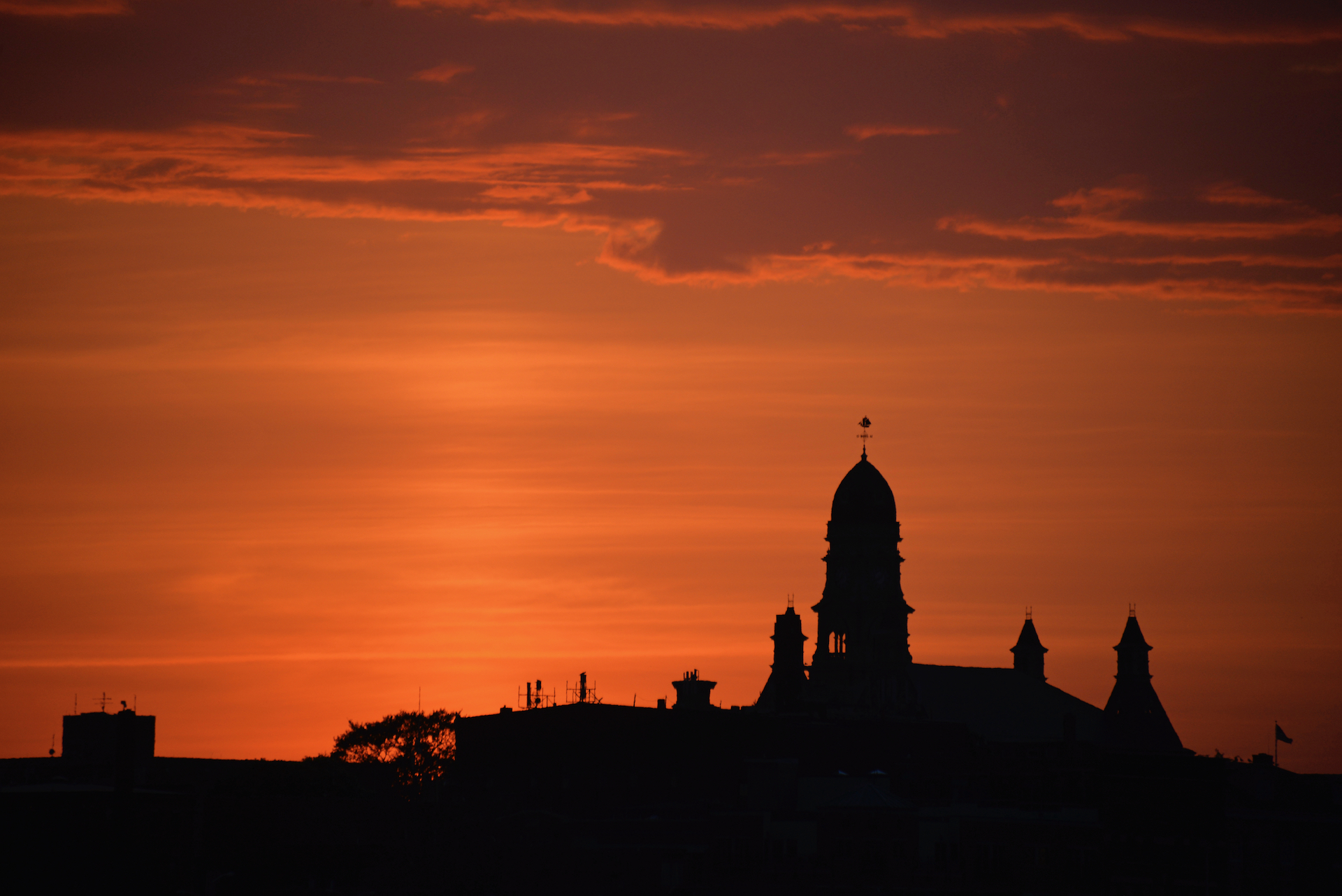The forest-farmer poet of Styria, Peter Rosegger was the eldest son of a large peasant family in the village of Alpl (present-day Krieglach). Life in a 19th century Austrian farming community was beautiful but tough. Prone to illness and limited to the lessons of a wandering teacher, Rosegger was forced to apprentice himself to a traveling tailor at the age of 17.
But he could still read, write, and submit his work. Recognizing Rosegger’s homespun talent, a publisher sponsored the young man to attend the Akademie für Handel und Industrie (“Academy for Trade and Industries”) in Graz. Instead of studying, he used the time to gain friends and sponsors, eventually producing a variety of poems and books on his beloved Styria.
Over the course of his career, Rosegger became an honorary citizen of Graz and Vienna, an honorary doctor of numerous universities, and the recipient of the Franz-Joseph-medal. His near-miss with the Nobel Price for Literature in 1913 (Rabindranath Tagore won) still rankles with some Austrians. Rosegger died in the last year of World War One amongst the woods of the Styrian Alps.
Extract from The Forest Farm
“I always say that the world is becoming too small. There is no room left for hermits.
“I frequently receive enquiries, from correspondents abroad, for cool summer resorts,—for nature resorts. Would I please—so runs the request—suggest a corner in the Alps where they will find clean rooms and good food in a farm-house kept by simple, kindly people.
“Added conditions: no railway, no telegraph, no post, no newspapers. A place where they can feel safe from meeting English people or people from Berlin and—forgive the imputation—Vienna. They want to have nothing but woods and fields around them, and, oblivious of all town luxuries and refinements, at least for a few weeks to bathe body and soul in the dew of a primitive life. This is the wish which—O curious sign of the times!—grows ever louder and louder. Is the return to nature, yearned for by the poets, at last beginning in earnest?
“If only the company-promoters do not seize upon this need and found a colony for hermits! It is not so easy to recover nature once wantonly deserted. Our alps contain no valley, however secluded, into which artificial wines and brandy and American meat-extracts and cigars have not by this time made their way, in which the fences are bare of railway timetables and mineral-water posters and upon which some News of the Day or other does not force its huge weekly doses of ‘culture’ and ‘information.'”
Peter Rosegger

